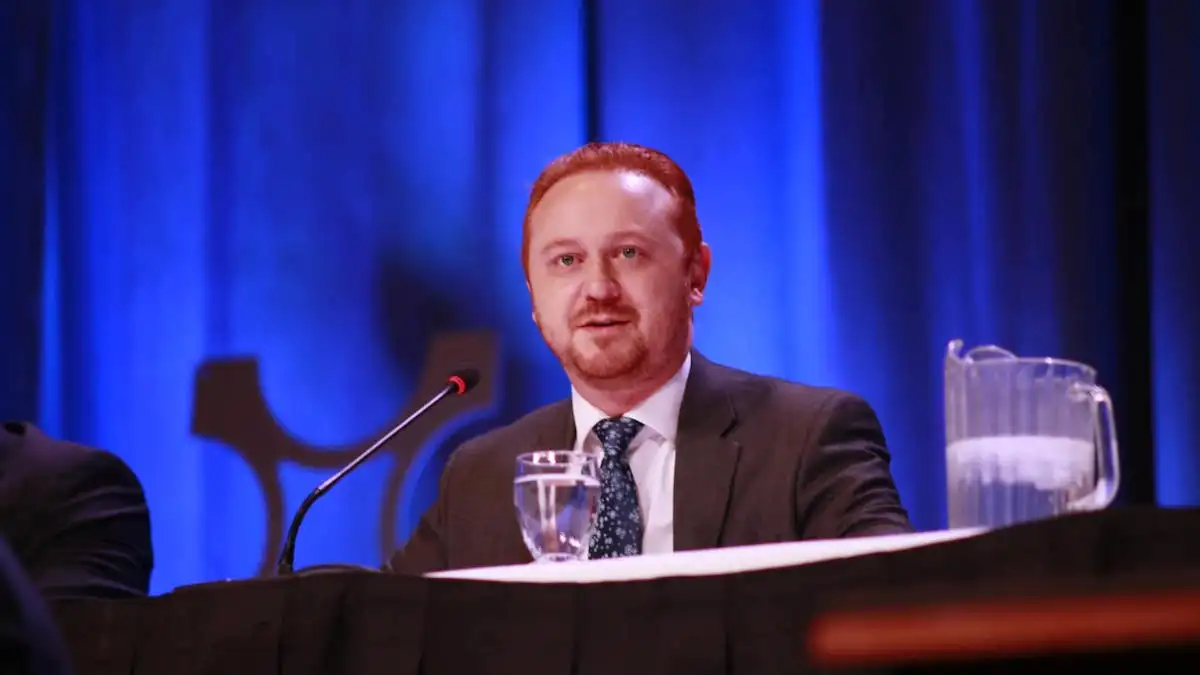Alberta’s United Conservative Party (UCP) government late yesterday reversed course on its decision to terminate its agreement with Legal Aid Alberta, promising in a statement from Justice Minister Mickey Amery to extend the current funding arrangement while negotiations for a new deal continue.
Trial lawyers in Edmonton, Calgary and other centres had warned Tuesday that the government’s action would “trigger a complete breakdown of an already overtaxed and under-resourced system.”
News stories about that potential outcome appear to have resulted in the government’s screeching smuggler’s turn yesterday.
However, Amery’s statement indicated that he intends to continue with the UCP’s push for what he called “strengthened transparency and accountability measures,” which sounds like veiled words for what critics of the government’s plans assailed as a violation of the principle “that the person prosecuting an individual must be separate and independent from the person conducting their defence.”
So the good news last night was that the government’s reversal means legal aid services in Alberta will not cease next Tuesday.
The bad news is that it sounds very much as if the UCP and Legal Aid Alberta are still at an impasse about the governance of the organization, and if that can’t be resolved the parties could be back at the same point in a few weeks.
The obvious lesson from the events of the past few hours is that it pays to play hardball in negotiations with this government – indeed, that hardball may be the only thing that is likely to work.
Amery’s statement, the last news release published by the government yesterday, began on a churlish note, complaining that Legal Aid Alberta’s public funding has “almost doubled” over the past nine years, from $66 million in 2015 to about $138 million this year.
Since legal aid services everywhere are chronically underfunded and given inflation over the past decade, this sounds like rather small beer to pay for a fundamental requirement of a society of laws, but Amery grumped that, “obviously, this funding growth is unsustainable.”
Well, there is that $4.3-billion surplus the UCP keeps bragging about, so one supposes a case could be made about the sustainability of the program. And, as NDP Justice Critic Irfan Sabir pointed out back in 2022, the UCP had failed to honour the 2018 governance agreement with Legal Aid Alberta and the province’s contribution to legal aid was falling far behind that of other provinces.
“Even more puzzling to our government,” Amery continued his statement, “Legal Aid Alberta is not materially expanding the number of clients it serves, nor is it being forthcoming with a credible explanation or details as to why this is the case. Albertans expect their government to be responsible with their hard-earned tax dollars.”
Given all that complaining, it took the news release writer six paragraphs to get to the lead: “… we have offered to extend the existing funding agreement to ensure the delivery of legal services by Legal Aid Alberta continues unaltered while we continue to work with Legal Aid Alberta on the new funding agreement.”
The statement also included a hint that the UCP is willing to consider allowing Legal Aid Alberta to maintain enough independence to provide independent legal advice to its clients. Of course the proof of that pudding, to borrow a phrase from folk wisdom, will be in the negotiations.
“Alberta’s government remains committed to ensuring Albertans have access to legal aid services,” Amery’s statement concluded. The statement does not indicate how long the government’s extension of the current agreement will last, however.
In addition to legal assistance for adults and youth charged with criminal offences, Legal Aid Alberta provides assistance with cases involving families and children who do not have the means to hire legal counsel.



